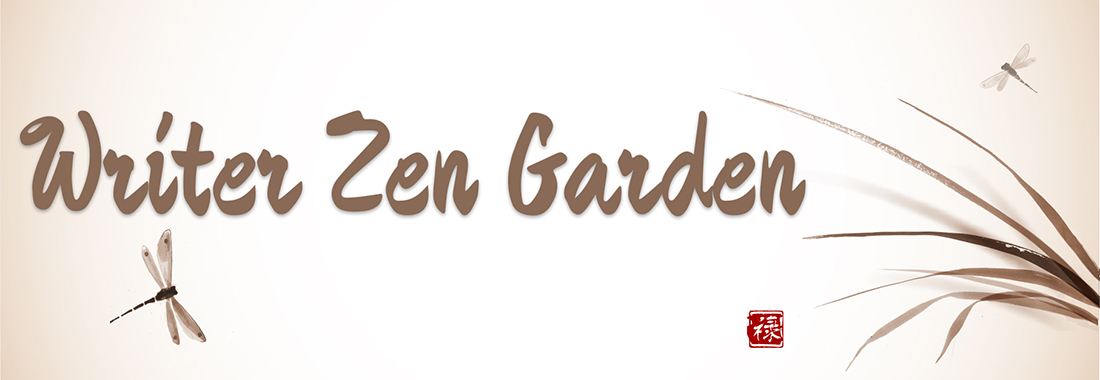Mental Health Monday – Resilience Is A State of Mind
by JaeSage
Good Monday morning to you. Today I want to share a glimpse into how you can find resilience in a world that is not always so easy to take. Although this is not meant to be mental health advice, you can see it as a window into what you can do to learn more about resilience in the face of difficulties.
Two questions I am often asked by clients are:
- How do you define resilience?
- Can you learn to become more resilient?
Here is a definition in my own words: Resilience is a choice of thought and behavior that allows you to get back on track after something negative happens. It is about acknowledging your emotions as valid and not denying your feelings. Resilience is about using your inborn and learned strengths to help you recover more quickly.
And here is the definition from Oxford Languages:
noun
- 1.
the capacity to recover quickly from difficulties; toughness.
“the often remarkable resilience of so many British institutions”
- 2.
the ability of a substance or object to spring back into shape; elasticity.
“nylon is excellent in wearability and resilience”
You can learn how to be more resilient:
In human terms, resilience is not always about getting back to exactly how you were before that “difficulty” or negative experience.
It isn’t always about “toughness” either. It is about taking in the feelings of the moment and learning new positive thought patterns. It is about relating your difficulties to allowing yourself to feel stronger and be better than before even in the tiniest way.
The most resilient among us are able to allow themselves to feel what they are feeling in the moment. They are able to realize that it is normal to respond emotionally to an external situation that is out of our control.
A couple of questions to ask yourself:
- How long does it take me to feel better after something difficult or bad happens?
- What would I rather be feeling?
- What has worked before to help me feel better and stronger?
Do you try to ignore the feelings or allow them to control your behaviors or do you allow them to flow through you and acknowledge their presence? Feeling sadness or fear are normal reactions to difficulties and they will go away if you practice resilience.
Here are a few suggestions:
- We all have strengths of some sort. What are the strengths you have relied on in the past to help you get through a tough time?
- Who or what is in your life to help support you when you are in need of support?
- Who can you help who has been in a similar situation (sometimes helping others makes us feel stronger)?
- What practices can I repeat consistently to help me get centered and grounded?
How about a simple grounding mindfulness exercise that you can do to help yourself feel calmer?
For everyday stress: say you had a terrible morning. You couldn’t find your keys for what felt like forever, the kids and dog are acting up and your boss has texted you three times already this morning. You feel pressured and notably anxious and anger is growing from within. Your chest feels tight and your stomach muscles are clenching. You have to keep going through the day so the pressure continues to grow. You begin to tell yourself that your life is a mess and you hate your job. You finally lock the house and get the kids in the car and safely strapped in.
What can you do? Before you start the car you can stop and center yourself. Even if the kids are hollering, take a brief moment to feel where in your body the pressure is. Feel your feet on the floor and your bum on the car seat. Feel your hands on the wheel. Look at the tree in your yard and the sky above and really look at it. Look at the color and the way the breeze moves the branches or the clouds. You can take a few breaths and listen to the air coming in and out of your nose or mouth and feel your lungs expanding or contracting. Sit and breathe a bit. Then notice that you are feeling a bit more calm, more centered. That is the beginning of the growth of resilience within you. Now you can move through your day with a little bit of calm.
Sometimes the difficulties are more acute like a serious illness or accident. When that happens, seek professional mental health help as soon as possible to get you feeling better sooner.
When you need more help, reach out to a professional like a licensed therapist/counselor, or board certified life coach (BCC) to learn more about how to build resilience.
Best 2 books I have read on building a more resilient you (there are many more): Peace is Every Breath by (the late) Thich Nhat Hahn and Rising strong: The Reckoning. The Rumble. The Revolution. By Brene¢ Brown.
A reminder before I go: you can use apps like Calm and YouTube videos and others resources that can help you with guided mindfulness meditation.
Best regards on your mental health Monday today.
Yours in Mindfulness,
JaeSage is the nom de plume of a National Certified Counselor with over 10 years’ experience in learning and teaching mindful methods.

Thank you for your post, JaeSage! So many wonderful insights! I especially love your honesty about the fact that resilience does NOT mean never feeling afraid or overwhelmed or angry. Resilience is about being able to acknowledge those feelings and move past them into renewed calm and strength.
Thanks again!
Laura,thank you for the insightful comment.